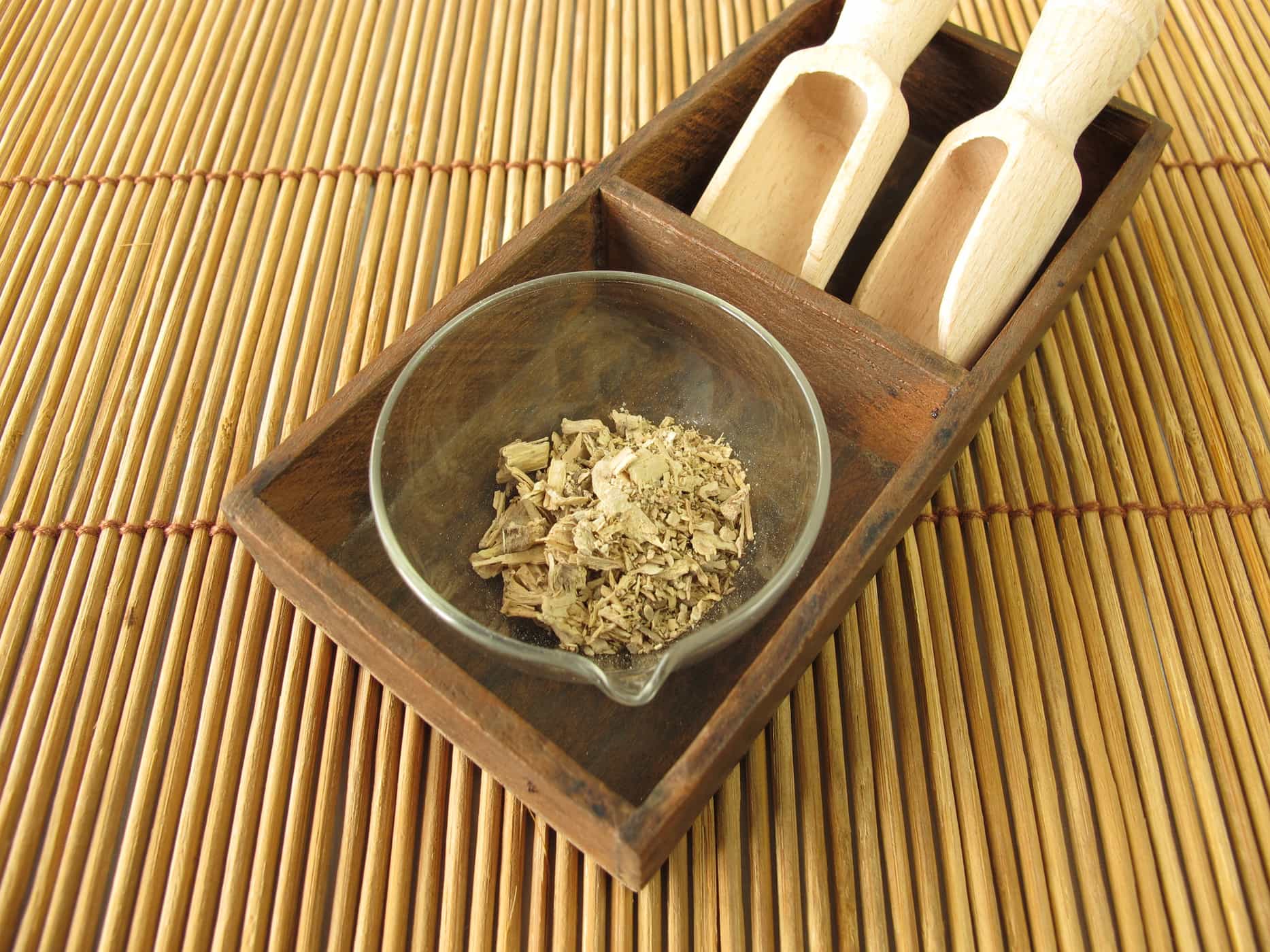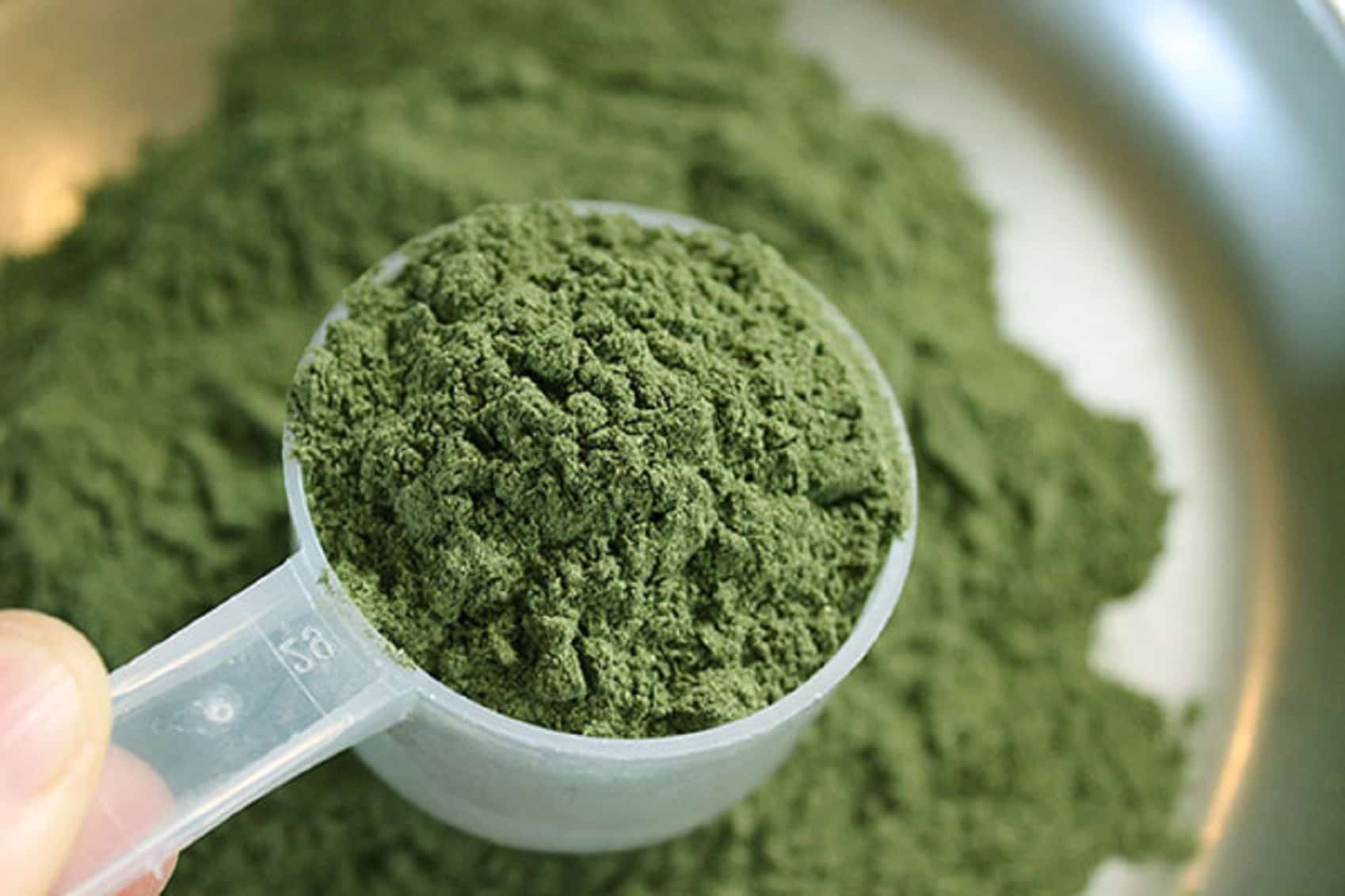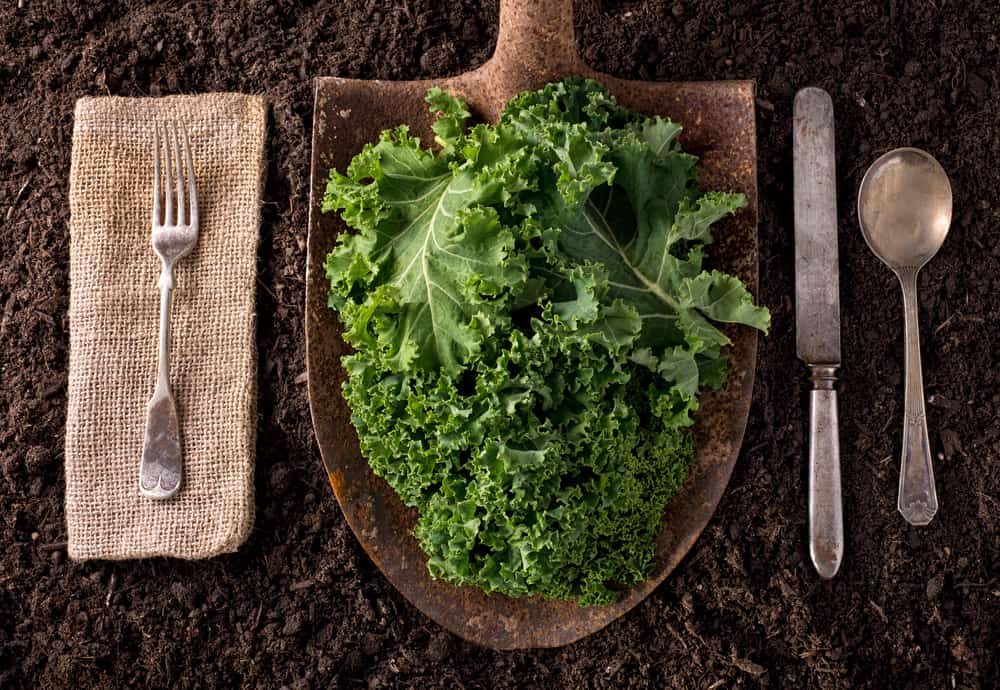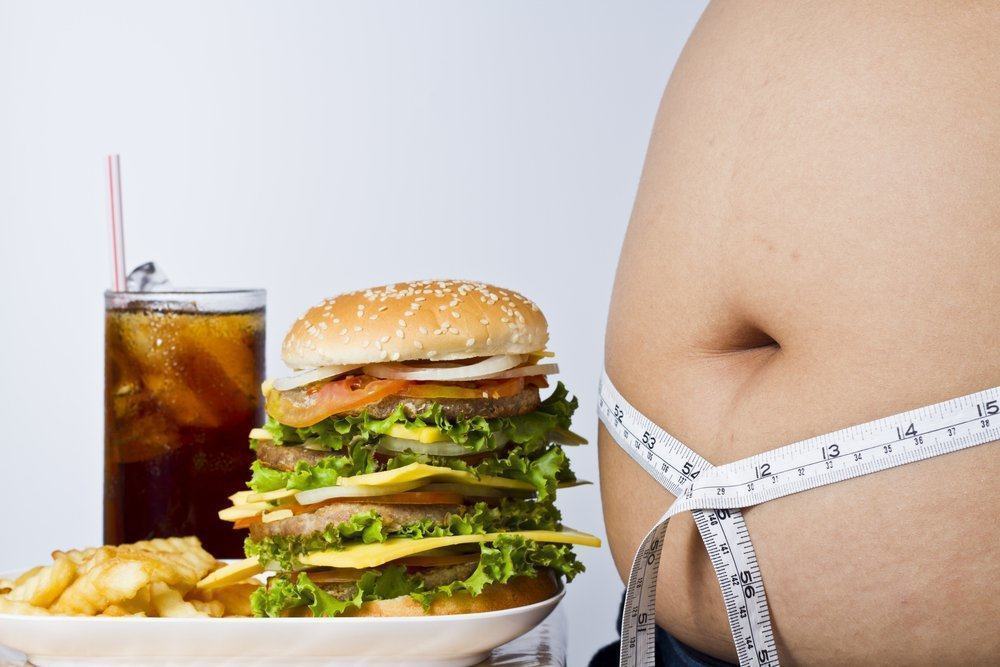Contents:
- Medical Video: Eating disorder signs and symptoms
- What is orthorexia?
- How can a person experience orthorexia?
- How to find out if someone has orthorexia
- What are the effects of orthorexia if left unchecked?
- How do you recover orthorexia abnormalities?
Medical Video: Eating disorder signs and symptoms
Consuming healthy food is one way to apply a healthy lifestyle. But did you know, if you only want to eat certain foods that are considered healthy, is this usually considered an eating disorder? This disorder is called orthorexia.
Unlike other eating disorders that limit food in terms of quantity (such as reducing portions, or not eating at all), people with orthorexia limit food in terms of quality or type of food. Even though it sounds healthy, this can reduce the quality of daily nutritional adequacy and adversely affect health.
What is orthorexia?
Orthorexia is a eating disorder that has been relatively new in recent years, but this term has been introduced since the 90s. This term comes from the combination of the words "anorexia" and "ortho" which means true. People with orthorexia have their own thoughts on creating a perfect diet by consuming only foods that are considered healthy, especially vegetables and fruits, and tend to avoid the following types of foods:
- Artificial coloring or enhancer
- Pesticides and genetic engineering
- Contains fat, sugar and salt
- Various animal food ingredients
- Various types of food that are considered unhealthy
Although theoretically it seems healthy, people with orthorexia usually become too self-limiting and only eat a very limited variety of food and are very low in calories, so that the ends are even unhealthy and cannot meet the adequacy of balanced nutrition.
How can a person experience orthorexia?
At first, someone who has orthorexia has an obsession with health and keeps a healthy diet. However, this obsession causes a person to want to control their eating patterns excessively and keep their body from becoming overweight. Often this causes a person to experience anxiety about their eating patterns and form their own views regarding healthy eating patterns, even making their diet an identity for themselves.
How to find out if someone has orthorexia
Orthorexia does not have a definition of clinical diagnosis like other eating disorders, but this term refers more to a person's psychological condition. Some symptoms that can be a sign that someone has orthorexia are:
- Excessive obsession to avoid certain types of food for various reasons for health conditions such as allergies, digestive problems, mood disorders, and so on.
- Avoid certain types of food without clear medical advice.
- Prefer consumption of supplements and herbal medicines compared to food.
- Have a list of foods that he thinks may be consumed, usually the variations are very little or only about 10 meals.
- Too worried without a clear reason for how food is served, especially how to clean food.
Just as people with other eating disorders, people with orthorexia will experience various symptoms that hinder their daily activities due to emotional disturbances and panic. In a long time, this can cause a person to experience more serious food disorders such as bulimia and anorexia. Severe orthorexia is characterized by the following:
- Feel guilty if you eat foods that he considers unhealthy.
- Spend a long time thinking about food that must be eaten.
- Too worried about what he will eat later.
- Planning what foods he should eat in the next few days.
- Feel the satisfaction of eating food that he considers healthy.
- Maintain distance to friends and family who do not have the same understanding of healthy food.
- Do not want to eat food served by other people.
- Experiencing depression and mood swing due to thinking about food.
What are the effects of orthorexia if left unchecked?
As a result of very limited types of food, sufferers of orthorexia can experience a variety of malnutrition conditions, just as experienced by sufferers bulimia and anorexia. Iron, calcium, and chronic energy deficiency are types of malnutrition that are often experienced by someone with eating disorders such as orthorexia. More serious health effects are a problem for heart health and osteoporosis.
How do you recover orthorexia abnormalities?
Recovery efforts can be more difficult if the person with orthorexia still has the belief that the diet he consumes is the best diet for health. To overcome this psychological problem, recognize what factors cause a person to think about limiting food types. Providing an understanding of a healthy lifestyle and adequate nutrition for healthy living are the most important in order to encourage people with orthorexia to heal.
In terms of nutritional status, achieving and maintaining an ideal body weight is the main step that can be taken to restore the nutritional balance, then proceed with a gradual diet plan. Recovery needs to be done in stages to be more effective and minimize rejection by people with orthorexia.
READ ALSO:
- Binge Eating, a disorder that makes you overeat
- What is the Difference between Anorexia and Bulimia?
- 5 Unhealthy Ways to Lose Weight












